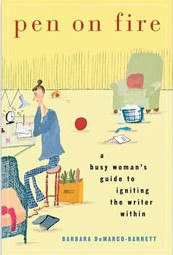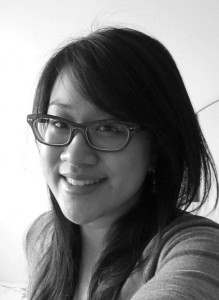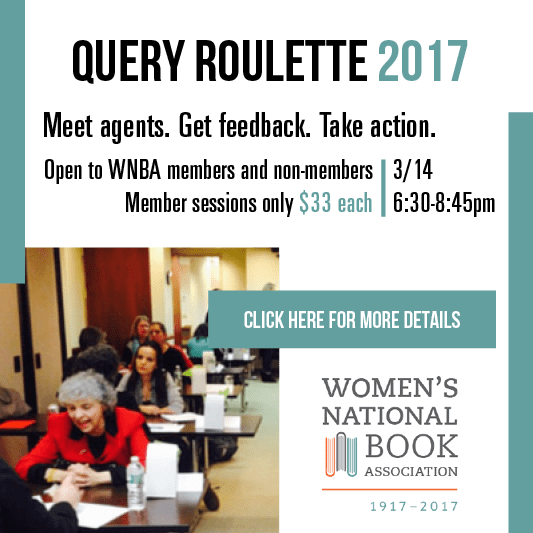Pauline Hsia is the Literary Agent Assistant at Doris S. Michaels Literary Agency in New York. She is a member of the Women’s National Book Association, Association of Author’s Representatives, and Young to Publishing Group.
How long have you been a member of the WNBA-NYC? How did you get involved with the organization?
Doris Michaels of DSM Agency actually sponsored my WNBA-NYC membership in early 2012 when I was a publishing newborn; she encouraged me to get more active with this distinguished organization. I attended a neighborhood lunch last May and met with several members, including Valerie Tomaselli, current national president, and Jane Denning, current president of the NYC chapter (of course, at the time, I had no idea who they were).
I felt completely at ease with these women—everyone was so warm and welcoming. Even now, whenever I attend events thrown by the WNBA, I am still struck by their authenticity and hospitality. When I was invited to the next board meeting, I had already decided that I wanted to learn more about these women and their goals, and I’ve been involved ever since.
Congratulations on becoming the chapter’s new treasurer! What made you want to take on the position?
Thank you! I took on the position because I like to take on lots of responsibility.
Sarcasm aside, I am extremely honored that the chapter members voted me in as treasurer and have that kind of confidence in my abilities. I was contemplating how I could get more involved with the WNBA and it just so happened that the treasurer position opened up. This is a great opportunity to learn firsthand how a non-profit organization functions financially.
What are some of the advantages of being a part of an organization like the WNBA?
Besides the obvious advantage of obtaining a few books here and there from the WNBA parties (I took home The Orchardist by Amanda Coplin one night!), members get the chance to mingle and network with publishing professionals, book lovers, and aspiring writers—you never know who you’ll meet at events like Open Mic Night and Query Roulette. In addition to staying up-to-date with publishing trends and popular books, it’s also about building a community that promotes literacy. And if that’s not enough incentive, then please be aware that wine and cheese are often served at events.
What’s a typical day like as a literary agent assistant?
I wouldn’t say that there is a “typical” day at a literary agency. All kinds of things come up. I jump between answering questions from authors, editors, and foreign co-agents to evaluating contracts and editing manuscripts and proposals. It varies, depending on how our projects are progressing.
How do you balance reading for work and reading for pleasure?
During the busy seasons of publishing, I read more for work. When summer rears its head, I am in pleasure-reading mode!
What’s the best advice you can give aspiring writers for querying agents?
Do your research! Don’t send erotica to a literary agent that normally represents business books. It’s like hitting a piñata with a chopstick. There are so many agents out there, why waste your time on ones that would never be interested in your writing?
What’s your favorite word?
Flint. Since I don’t have a favorite word, I offered a word that I’ve been thinking about lately. I was reading a book where an author used flint to describe the eyes of her character, which I absolutely loved because it gave away the personality without elaborating too much.
I find the word attractive and powerful; it’s used in so many different ways. It can be associated with unyielding stone and yet it can also bring images of sparks, striking fire. When I think of flint, I am also reminded of [the ending] of this poem that I read in 2008, I Go Back to May 1937, by Sharon Olds:
I take them up like the male and female
paper dolls and bang them together
at the hips, like chips of flint, as if to
strike sparks from them, I say
Do what you are going to do, and I will tell about it.
I love this poem in its entirety.
 What are you currently reading?
What are you currently reading?
Pen On Fire by Barbara DeMarco-Barrett, In the Shadow of the Banyan Tree by Vaddey Ratner, The Snow Child by Eowyn Ivey, The Art of Hearing Heartbeats by Jan-Philipp Sendker, Think and Grow Rich by Napoleon Hill, and The Lean Startup by Eric Ries.
A better question would have been, “When do you plan on finishing the books you’ve started?”
by Tqwana Brown





